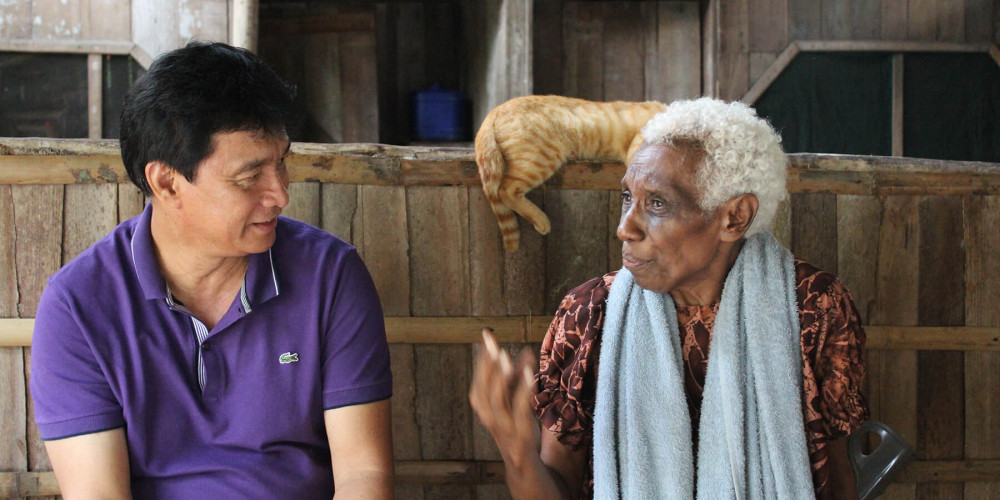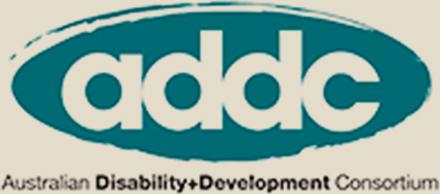KIT Blog
Understanding Reaction
-
 Admin
Admin
- Feb 14, 2016
- Uncategorized
Reaction is a common complication that can arise when someone has leprosy—sometimes as late as seven years afterwards. It’s an episode of inflammation that affects a third of all leprosy patients. It can result in extensive nerve damage and is the major cause of disability in leprosy. It’s unfortunate for patients that begin to recover from leprosy only to experience further irreversible damage from Reaction. It’s one of the things that makes leprosy such a complex and harmful disease.
Health workers classify Reaction in two types:
- Type 1 Reaction (or Reversal Reaction) occurs when the immune system begins to fight the leprosy bacteria or remnants of dead bacteria a little too zealously. It can cause painful swelling and permanent nerve damage.
- Type 2 Reaction (or Erythema Nodosum Leprosum) is a bit different. It happens when the body is struggling to process an overwhelming amount of leprosy bacteria. The proteins in the bacteria spark an allergic reaction. This only occurs in patients with the severest forms of leprosy. People tend to get painful, tender spots on the skin (the typical signs of erythema nodosum, hence the name) and symptoms like fevers, swelling, and malaise.
The triggers of Reaction are complex and unclear. They could include poor nutrition, genetic defects in immune response cells, different types of stress, larger amounts of leprosy bacteria (it tends to affect more people with Multibacillary leprosy), amongst many other potential triggers. It doesn’t seem to matter whether the bacteria is alive or dead. But when the immune response changes.
It can be difficult to diagnose between reaction and someone relapsing into leprosy. Reaction can indicate that treatment is working, and relapsing can indicate it isn’t. This difficulty is especially problematic when health workers have limited access to medical laboratories. So we must equip health workers on the field to respond to Reaction carefully.
We don’t know when a break-through discovery on Reaction might be found. But we know that we can address Reaction with the right treatment. Your support has already made that happen for many people affected by Reaction. Thank you.












